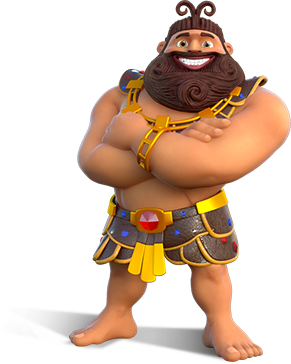How Do You Know When a Slot Machine is Laying Waiting To Pay Big Money?
If you are playing slots at a casino, then you know how do you know when a slot machine is hitting. Slot machines are very predictable when it comes to their “hit frequency”. You can use the number of hits in a row as a guide. You can also use the reels, which will indicate the direction that the machine is spinning. These are only two ways to track slot machine hit frequency. There are more factors that will help you determine when a machine is about to hit.
A casino’s main slot reels are carefully engineered to maintain consistent speed and patterning no matter what type of payout is received. The random number generators (RNG) that are used in a casino also govern how often the machine will hit. Using casino jargon, the random number generators will decide which denomination to payout a bet and then determine where and how often to place that bet. An example of this is that if someone bets a thousand dollars on a ninety-five percent hit machine, the machine will hit the ball three out of five times, but if someone bets a hundred dollars, then the machine will hit the ball three out of seven times. When the casino staffers notice this irregularity, the machine is adjusted to hit the ball more often.
The random number generators, or RNGs, as they are sometimes called, are internal pc’s that use software to determine each bet’s odds. They use math and probabilities to give each and every spin a distinct probability. When you place a bet, the code tells the machine to “hit” or spin the reels in the given sequence. Once it hits something, the computer records its data and sends it to the casino’s system. This way, they can track slot machine hit frequency.
The next factor that tracks how often a casino’s machines hit pays is the “payout”. Basically, this is just the amount of money a player will win on each machine. It is important to remember that different casinos use different payout percentages. In most cases, progressive slots pay out the same amount whether a bet is placed or not. On a single-pay slot, the payout is the same whether you win or lose, so it is pointless to try to predict what the casino will pay out.
There are many factors, such as payout and machine placement that help make up the casino’s hit frequency chart. However, some of these factors are more important than others, especially in today’s world of slot machines. If you want to find out how often your favorite casino hits a certain machine, then read on.
Payout sizes are important in determining how often a casino hits a machine. A smaller bet size, usually less than twenty dollars, means that the casino is less likely to hit more than one jackpot. This makes hit frequency slightly easier to calculate, especially if you can figure out which machines have the best odds of hitting the jackpot. If you visit a casino and simply look at the payouts, however, you will not be able to determine how often the machine will hit a jackpot because there are so many variables involved.
Slots with high hit frequency percentages (at least 70%) are well-known for paying out loads of cash. There are literally hundreds of slot machines with high hit frequencies scattered throughout any casino. This makes it hard to estimate how often a machine will hit a jackpot. As a result, it is important to visit enough casinos to find the high-hitters. Once you know where the high-quality machines are located, then you can start gambling on them.
Payout differences between machines can also affect how often a machine will hit a jackpot. Some casinos have different payout percentages for jackpots of different denominations. The payout percentages for machines with a low to medium hit frequency differ from those with a high hit frequency. You need to consult an expert before making a final decision about where to play because it may not be obvious which machine will hit a jackpot.































